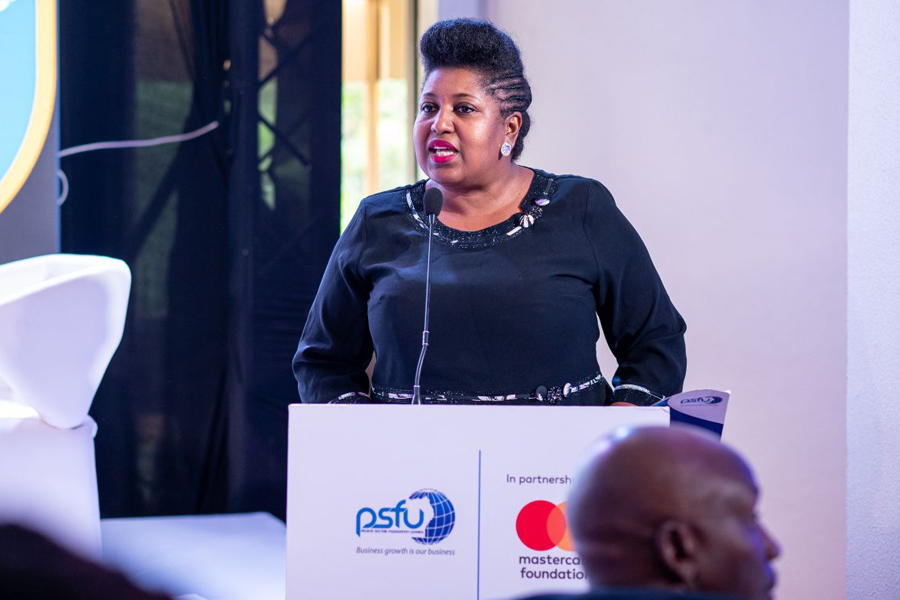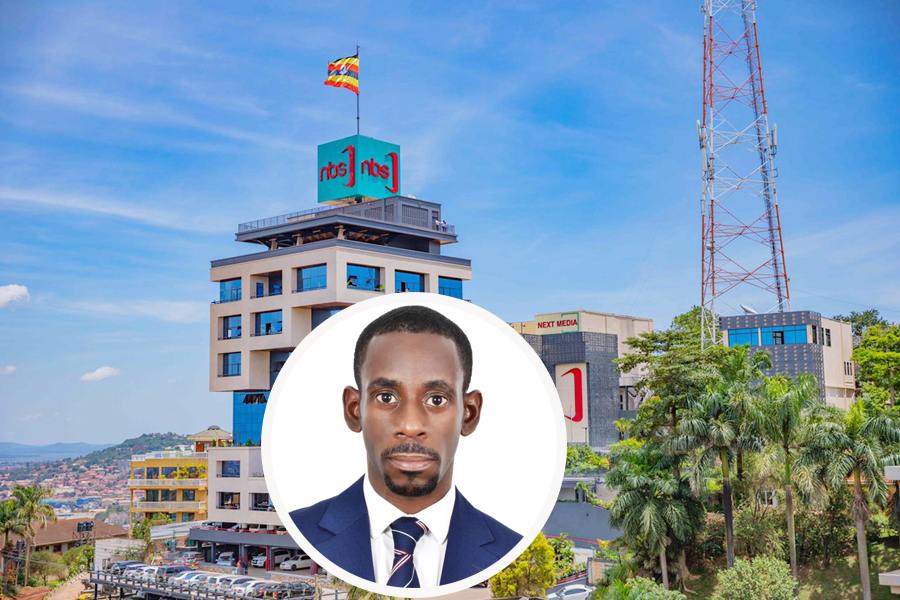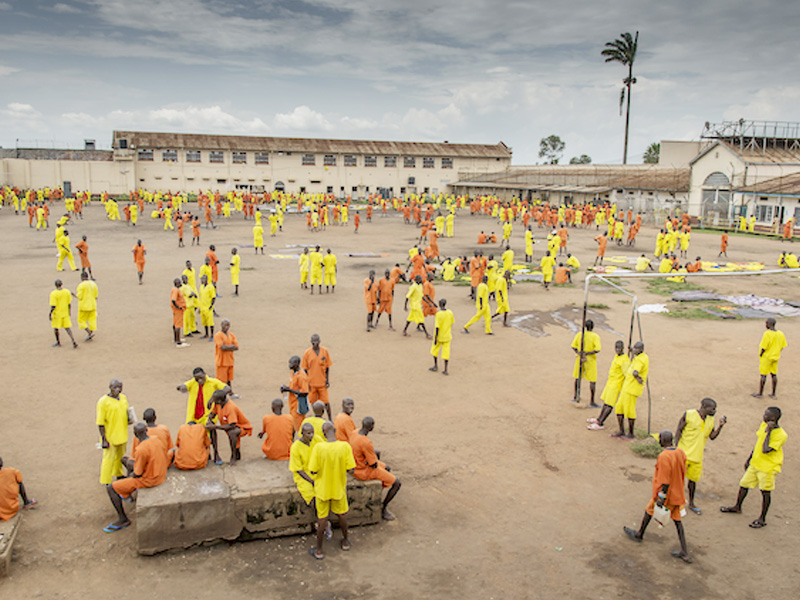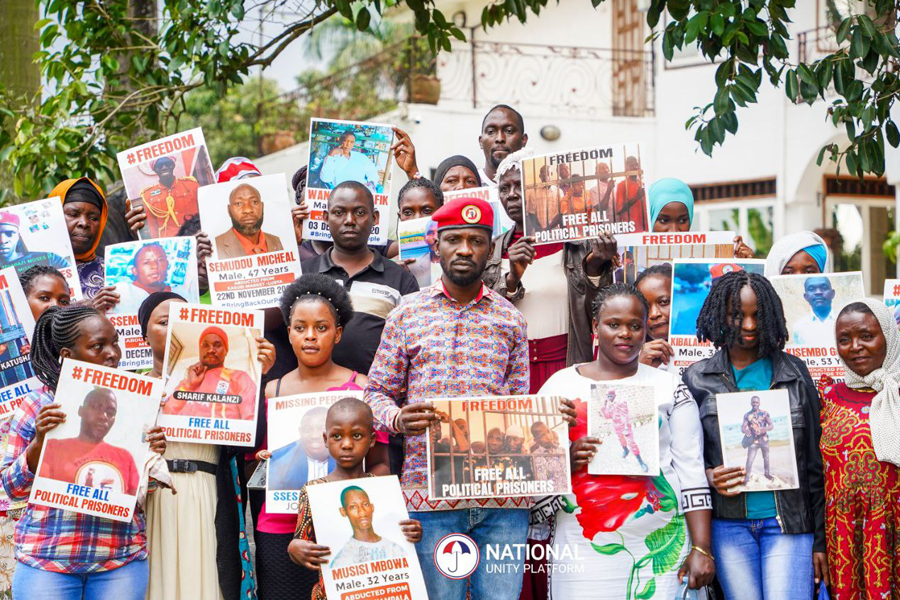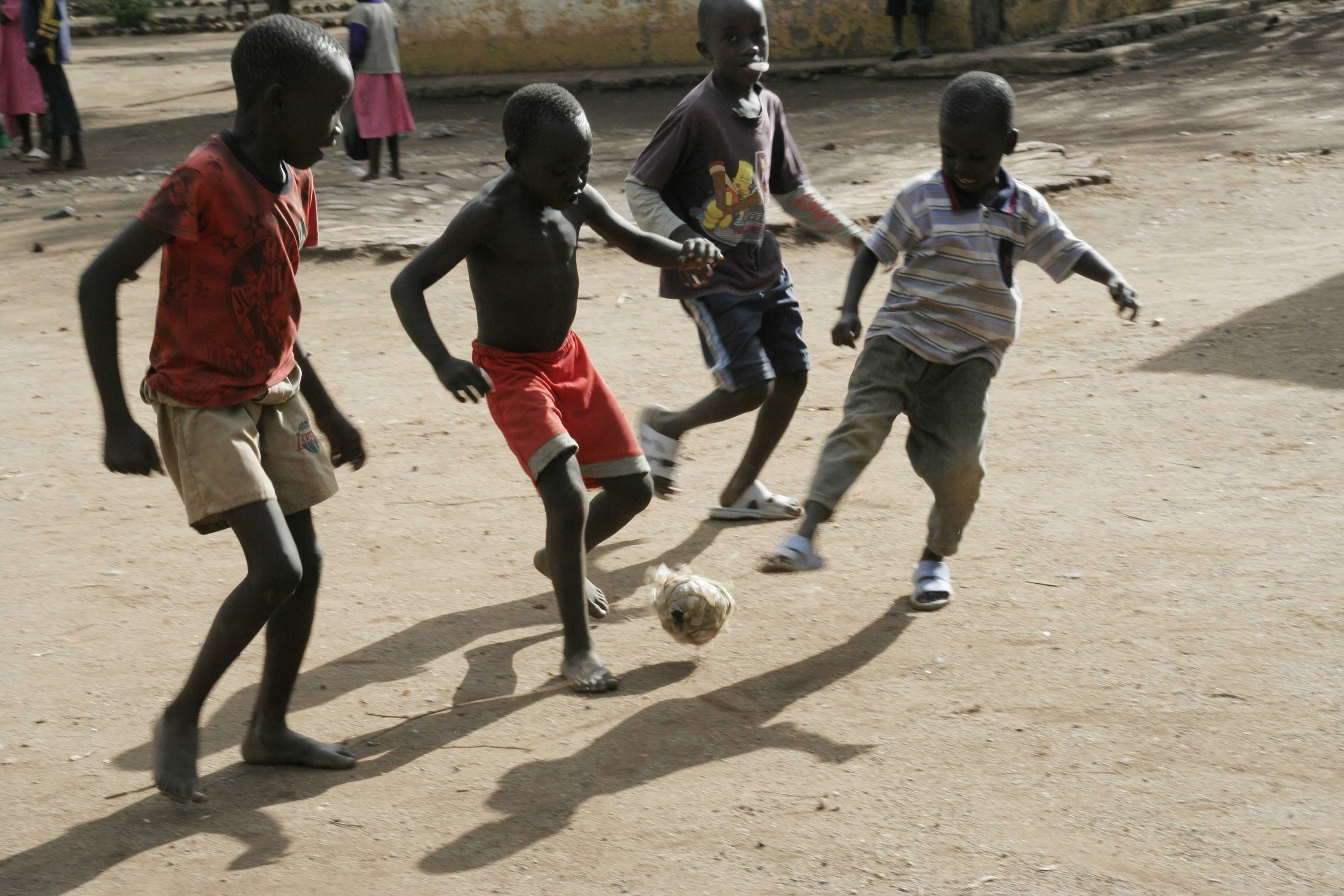How did Nelson Mandela inspire you?
Nelson Mandela would have been 100 years old, today, July 18, 2018 if he was still alive.
The passing of Nelson Mandela, an icon of the struggle against apartheid and the first president of democratic South Africa, creates a void that few could ever hope to fill.
However, his death also reminds us of his life. A life unparalleled for its bravery, conviction, and devotion to a just cause, and to the liberation of his fellow men and women.
A life in which he struggled against the might of the apartheid state and sacrificed his own liberty so that all South Africans could enjoy dignity, prosperity, and freedom.
For those aiming to promote democracy around the globe, Mandela’s life also holds invaluable lessons for current and future struggles for freedom.
He is renowned for his principled opposition to a racist and undemocratic regime in South Africa, but his cause was also the cause of all people who seek to uphold the universal principles of liberty and equality, anywhere in the world.
While we still feel the impact of his legacy which will remain from generation to generation in the world democracy and human rights activists will continue to draw strength, wisdom, and inspiration from his example.
Even before his release from prison, his message had spread far and wide, stirring individuals and movements on all continents.
Having cofounded the African National Congress (ANC) Youth League in 1944 at the age of 26, Mandela spent almost his entire adult life living the struggle for freedom and racial equality in South Africa.
As he did so, he faced increasingly brutal and dehumanising treatment at the hands of his oppressors. In his earlier years, he was repeatedly “banned,” meaning he was not allowed to attend meetings, speak publicly, be quoted in the press, or travel beyond a certain area.
As he refused to relent and denounce the struggle, he was repeatedly arrested and imprisoned in Johannesburg, Pretoria, and Cape Town, often held in solitary confinement, barred from communicating with the outside world, and made to suffer miserable living conditions.
Because of his commitment to the struggle, Mandela was eventually forced to forego a normal family life and abandon his legal practice.
By the time he was sentenced to life imprisonment, he had already spent many years either underground or locked up, away from his family, friends, and home.
Even after the life sentence at the conclusion of the Rivonia trial in 1964, his commitment and belief in the fight for freedom never wavered.
He emerged from prison on February 11, 1990, as devoted to the principles of equality and democracy as he had been 27 years earlier.
Shamefully, the kind of abuse that Mandela suffered at the hands of the apartheid government, and that he worked so hard to conquer, is still being meted out to thousands of human rights and democracy activists around the world today.
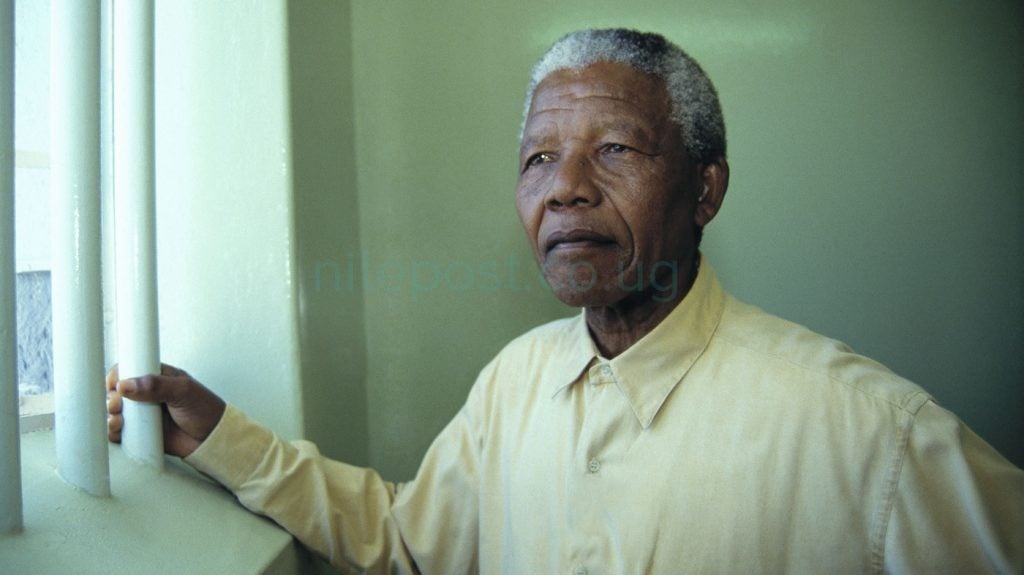 Mandela in the prison cell in which he lived at Robben Island
Mandela in the prison cell in which he lived at Robben Island
Their crime is the same as Mandela’s: They hold a political belief that the government disagrees with. The victims, but more especially the perpetrators, of these brutal acts would do well to recall how Mandela ultimately triumphed over repression.
Russia,China and others from Africa provide good examples of countries whose governments could learn lessons from the ultimate failure of repression against the antiapartheid movement.
These leadership might be using more advanced technology than other the National Parties in the world, but they are pursuing essentially the same strategy of eliminating all political dissent through violence, coercion, and intimidation.
The systematic violation of rights by different authorities around the world or extrajudicial killings, detention for their political or religious views, and free speech is curtailed through repressive actions with the most sophisticated system of online censorship in the world.
Democracy activists on South Africa’s doorstep, in Zimbabwe and Swaziland and all others around the world, can also draw encouragement from the life and legacy of Nelson Mandela.
For three decades, authoritarian rulers around the world—have torn their societies and economies apart in pursuit of their own political and personal interests not like the sacrifice of the Mandela which was for all people.
The “new generation” liberation leaders struggling against these leaders are subjected to harassment and torture in the same manner as those who came before them in the world.
Mandela’s victory against apartheid after a long struggle on the streets and in prison shows that such activists should never give up or give in, and reminds them that hope can be found even in the darkest hour.
Mandela retained his dignity throughout his ordeal and so earned the unshakable respect and loyalty of his party and people.
Democracy movements in many countries around the world have been ongoing for a generation or more.
While hope often recedes and some may even conclude that democracy will never be realised, Mandela’s struggle proves that a principled, well-organized, and just movement can eventually succeed.
Furthermore, his leadership of the ANC and later of South Africa demonstrated that democracy movements must remain in tune with the wishes and the consensus of the people.
As Mandela put it, a real leader “stays behind the flock, letting the most nimble go out ahead, whereupon the others follow, not realizing that all along they are being directed from behind.” If they fail to ensure that they are walking in step with the people, democracy movements can become weak and unrepresentative.
For those seeking to secure their countries’ transition to democratic governance, perhaps Mandela’s most powerful lesson is that democracy activists and leaders must be able to create cohesion and unity within their movements, and also bridge the divide between opposing groups in society, to build the broad consensus and tolerance necessary for a democratic state to flourish.
In his own words: “If you want to make peace with your enemy, you have to work with your enemy. Then he becomes your partner.”
This can be seen with with hand shake between President Uhuru Kenyatta and Opposition leader Raila Amolo Odinga in Kenya.
Many glowing tributes have been paid to one of the greatest statesmen who has ever lived.
But the best tribute we can pay to him is to apply the lessons of his life to advance the many struggles against oppression that continue in our world today but not actions of criminal gang's who have some times taken refuge in political parties and lead with criminal activities in the name of freedom fighting the law shall squarely be applied on you.
The author is African Union Long term Elections Observers Mission Consultant and Special Advisor of the International France Based NGO RAPEC & Member of the Honour for the mobilization of the JMCA in Africa.


